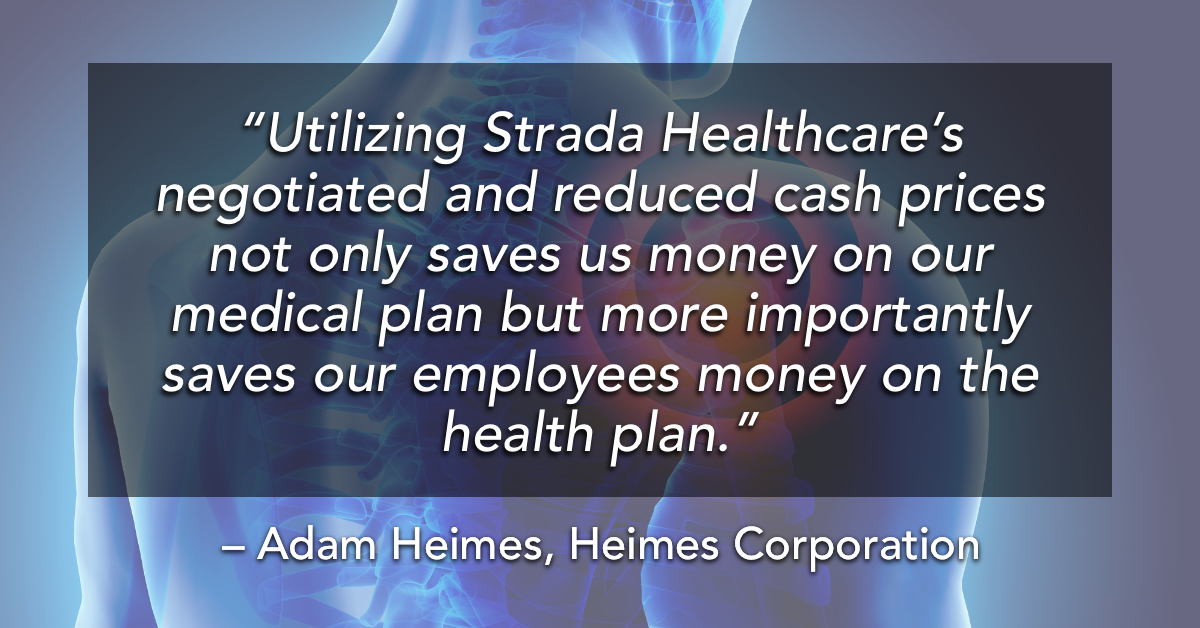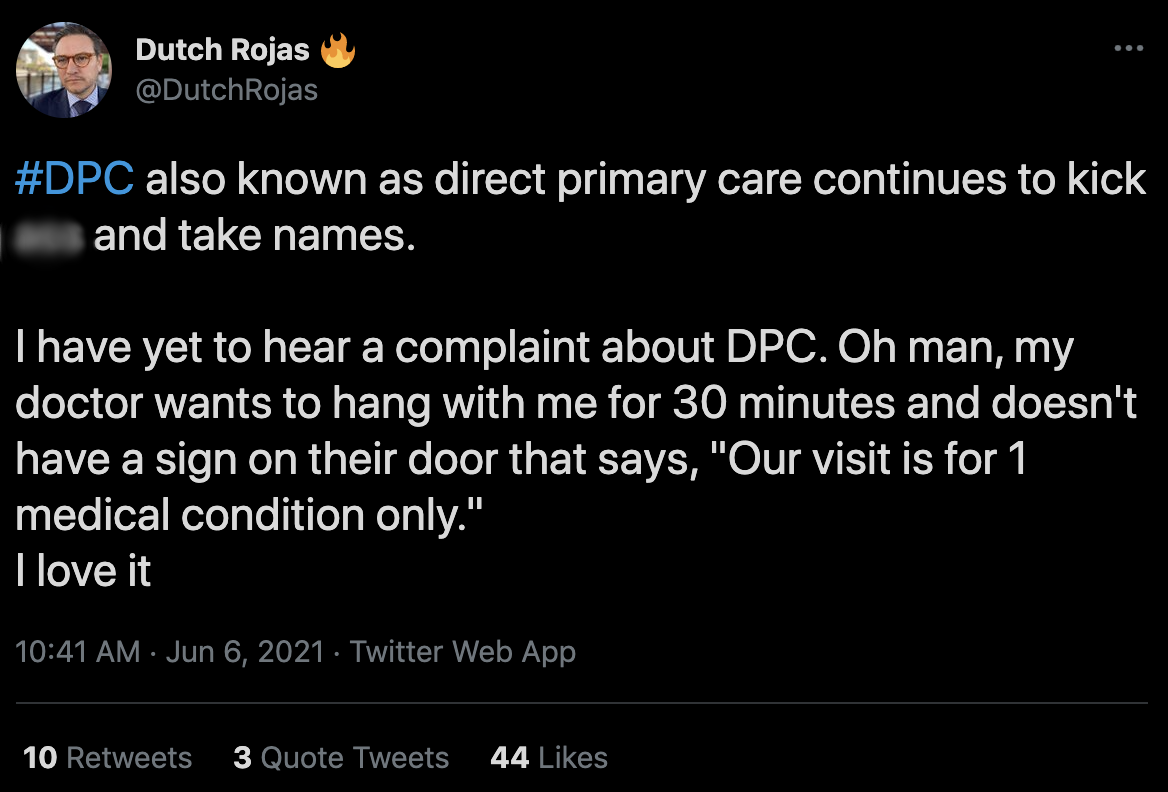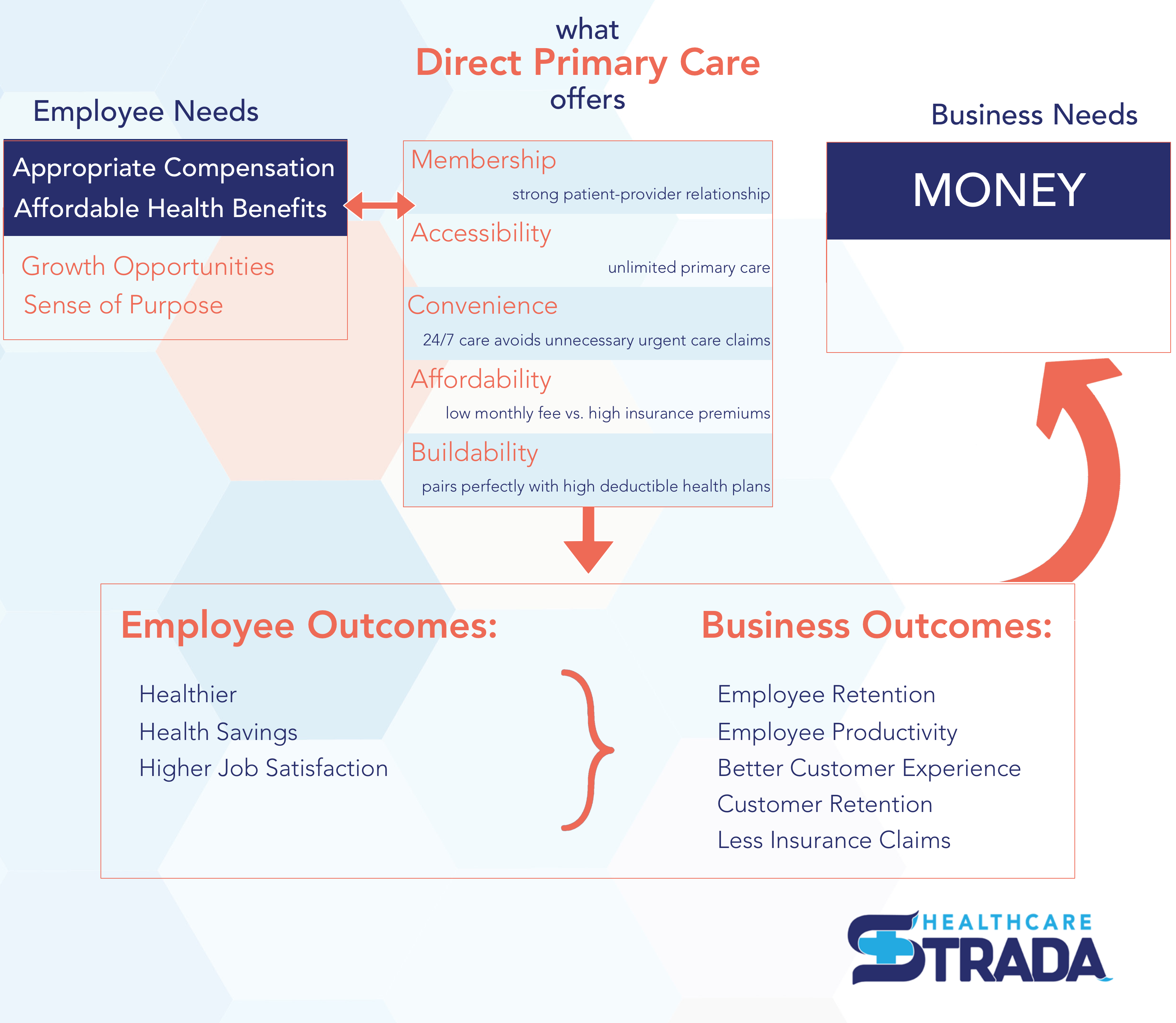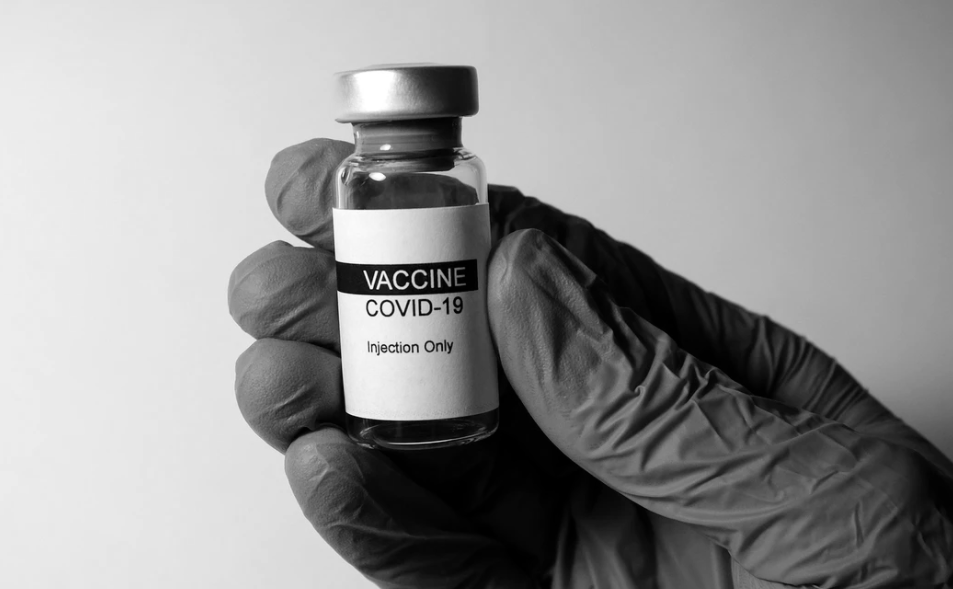The Strada team was fortunate enough to sit down with our amazing provider Cassie Krause, MSN, APRN to talk about ways Strada’s unique primary care model allows her to build deeper, more meaningful patient relationships than conventional primary care.
If after reading this interview, you’d like to learn more about Strada Healthcare and becoming a patient of Cassie, click here.
Hi Cassie! Excited to talk with you today. What attracted you to healthcare?
Hi there! I went into healthcare because I had an interest in medicine but really, a love for people. It’s so fun to build patient relationships. And if you have a tangible way to help them by helping them with their health, I just love that. I love what I do.
You previously worked as a nurse in the Nebraska Medicine Cardiac Progressive Care Unit and Post Anesthesia Care Unit. What inspired you to leave that and start your own primary care practice?
What I loved about working in the hospital was that you really got to know your patients. You were able to help them in a tangible way when they needed it, when they were really sick. The problem with that is that patient relationships don’t continue when they leave the hospital, you don’t follow them home. So really, I always wanted to go back to school, I always wanted to be a nurse practitioner so that I could build those patient relationships over time and really get to know them.
You received extra training from the Institute of Functional Medicine. How did that go?
I absolutely fell in love with functional medicine about five years ago. It’s a more natural, more holistic way of treating people and I find that it weaves in so well to primary care. The foundation is to live a healthy lifestyle and how important that is for our health over a long period of time. I’ve just fallen in love with it and really, we all usually go into healthcare because we all just want to help people. By using my functional medicine training, I feel like I’m better at helping people.
What is your care philosophy?
My care philosophy is really that I believe my patients deserve to know all of the options. They deserve to know all the things we can do to try to improve their health, whatever their health goal may be. Whether it’s losing weight, having more energy, sleeping better at night, or managing a really serious medical condition. I think there are a lot of things we can offer in terms of health coaching on diet, nutrition, sleep, stress management. All of those things play such an important role in our health. If we can use all those tools and help them through a lot of different resources, a lot of the time they’re able to achieve their health goals. And we can help them in ways that I couldn’t do with conventional medicine alone.
Exactly – and in order to help people buy into their health, the provider needs to have strong patient relationships. That’s a big part of what you love about medicine.
Absolutely. And really, what I love about Strada is that, again, it is those patient relationships. It’s a relationship that takes away the middle person. My patients can text me, can send me messages directly. Their messages come directly to me, and I can send them a message back really quickly and handle it. Again, you just get to know your patients well enough that you know when they need something. I can reference their history and things that have worked well in the past and what didn’t. Strada’s platform provides that in a really easy way.
Does Strada’s model make it more possible to align your practice with your care philosophy?
My practice as a whole does have a smaller patient panel. Initial patient appointments are an hour long. I don’t think you can fix anybody or fix any problem in ten minutes, unless it’s something as simple as an ear infection or strep throat. Otherwise, it just takes time to figure out what my patients are doing lifestyle-wise, what they’re willing to change, lifestyle-wise. So I do have that smaller patient panel and longer appointments so I can really get to know them. I can understand what their goals are, and brainstorm ways I can help them. And also, assess their readiness to change or to implement some of the things I’m recommending.
Strada really allows deeper patient relationships to happen. Again, what Strada allows is increased access to me. It allows my patients to get ahold of me very easily. There are a lot of things that I handle over the phone or via text message. I can answer questions and reassure people or give direction on what they can do to help. And knowing that my door’s always open. I’m always here to help. If they do want to come in for an appointment and really have me take a look at something – I’m happy to. But it’s the convenience aspect of Strada. It’s convenient for me, it’s convenient for the patient to be able to send me messages.
Going more in-depth on that – how does Strada work for the patient in terms of finances? In terms of insurance, copays, deductibles, etc.
I have a hybrid practice, which means I do accept some commercial insurance plans. And, I do have some people who don’t have insurance so I have cash rates for things that I do.
What Strada does is take all the thinking out of copays, deductibles and the pressure of “I need to go to the doctor but I’m not sure I can afford it.” It’s a monthly membership plan of an affordable rate. Then my patients can send me a message any time they need. They don’t have to worry about being able to afford if they can come in. With Strada, you can come in any time you want to. If we need to meet weekly or monthly for a while – all of those things are okay to do. There’s no increase in fees with that. And even the wholesale pricing for labs – it really lowers the cost of any lab work that we need done. These things can be very financially beneficial for the patient, especially in the day and age where most of us have really high deductible plans where we’re paying for a lot out-of-pocket anyway. Strada really makes it affordable for people to have good healthcare, increased access to me, and again, the convenience.
Health insurance is not healthcare. Do you agree?
No it’s not. I try to train my patients that in the functional medicine world, there are a lot of things I ask my patients to agree to. That includes lab work that may not be covered by insurance. We all want our insurance to cover everything, but it doesn’t. But we have to stop letting insurance tell us how to practice medicine, tell us what’s the best care needed for a patient in that situation for that day. When we are able to remove the insurance barrier with Strada, it’s me making that decision along with my patient. We determine the best care for them at that time. Now, I don’t have to wait for a third party, for an insurance company to agree with me or not or to decide later if they’re going to cover it or not. It takes so much of the headache out. So I would agree – health insurance is not healthcare.
Tell me about a time a Strada patient had a great experience with you!
I actually had an experience last night! I had been in contact with a patient for a couple days whose son had a sore on his toe. They had tried lots of things at home, and she said that maybe they’ll need an appointment to come in. And I said, “Why don’t you send me a picture of the toe first and let me just see it.” They actually live out of town and it would’ve been quite a trek for them to come in here. After she sent me a picture, I realized that it didn’t look good. At that point, it required antibiotics. I was able to review his medical history and some of the medicines he was on. I realized that one of the medicines he’s on could’ve contributed to his toe infection. Again, it was just an easy conversation over text message. I recommended that they talk to his dermatologist to rethink his other medication and then prescribe him the right antibiotic to take care of his problem. I was able to do that all in that night, right when they needed it. Mom didn’t have to wait for the office to open in the morning, and most of the time you can’t text pictures to the doctor’s office. With Strada, they were able to talk to me directly. It all comes down to increased access. Mom was really grateful that we were able to do all of that, that night and get treatment going as soon as possible.
What’s something you hear from Strada patients often?
I often hear comments about our low cost for labs. I have a Strada patient who is on hormone replacement therapy. I manage her hormones and check those twice a year. She said her lab savings just in getting her hormones done through Strada pays for her membership, she’s so happy with it. Many of my patients really enjoy being able to text me and let me know if something comes up and to ask for recommendations – she’s one of them! It’s something so easy that I can help her with via text message. There’s no calling an office, waiting for a nurse to call her back, waiting for an office appointment, and no increase in expenses. Those are all benefits she has under her Strada membership. That’s consistently what I hear from patients. It’s so convenient, it’s so helpful, they love the direct access, that they don’t have to talk to ten different people to reach their doctor. And most of the time they don’t even get to the doctor, they talk to support staff. But with Strada, we’re just able to remove all those barriers.
Fantastic, Cassie! We are so glad that Strada gives you the opportunity for you to develop closer patient relationships and be there when they need you. Thank you so much for all you do.
Of course, I’m happy to be a Strada provider.
If you’d like to learn more about Strada Healthcare and becoming a patient of Cassie, click here.
Cassie is also the founder of Transformative Health. View their website here.









 For the last five years, Thomas has made a huge commitment to deepen his patient-provider relationship with the opening of his Direct Primary Care clinic and we look forward to his growth with Strada Healthcare.”
For the last five years, Thomas has made a huge commitment to deepen his patient-provider relationship with the opening of his Direct Primary Care clinic and we look forward to his growth with Strada Healthcare.” “In a world where so many have health care insurance, and so few have anyone caring for their health, my patients enjoy having direct access to their provider, being heard and working toward optimal health.”
“In a world where so many have health care insurance, and so few have anyone caring for their health, my patients enjoy having direct access to their provider, being heard and working toward optimal health.”
